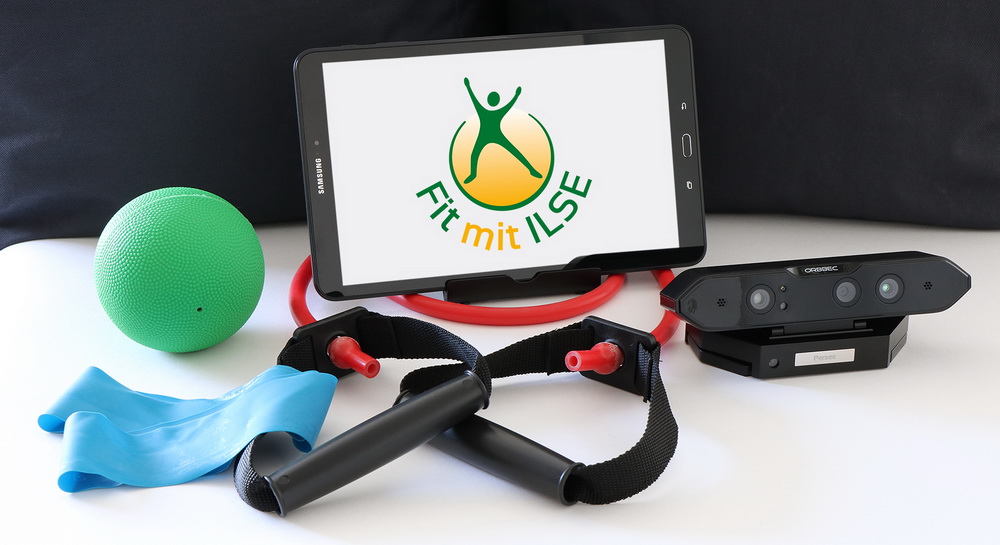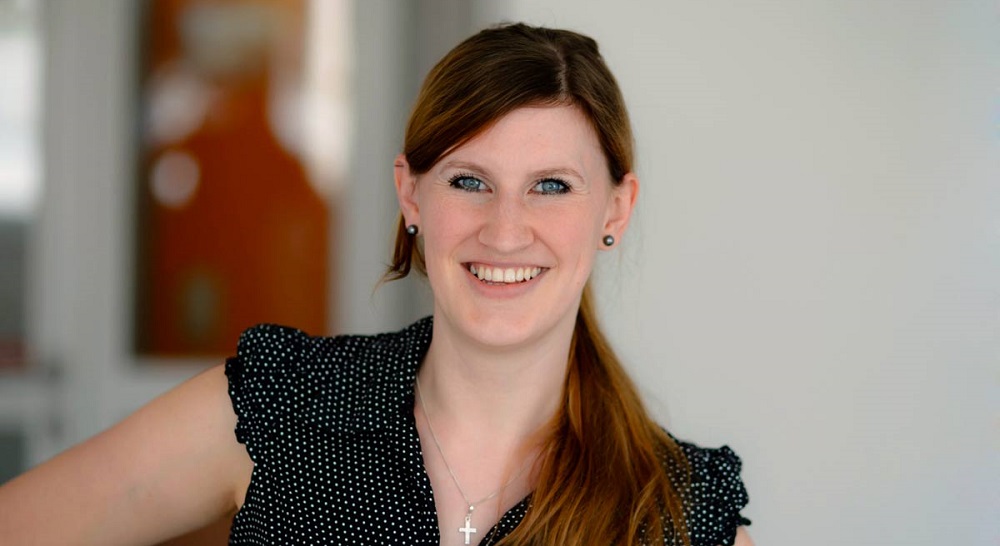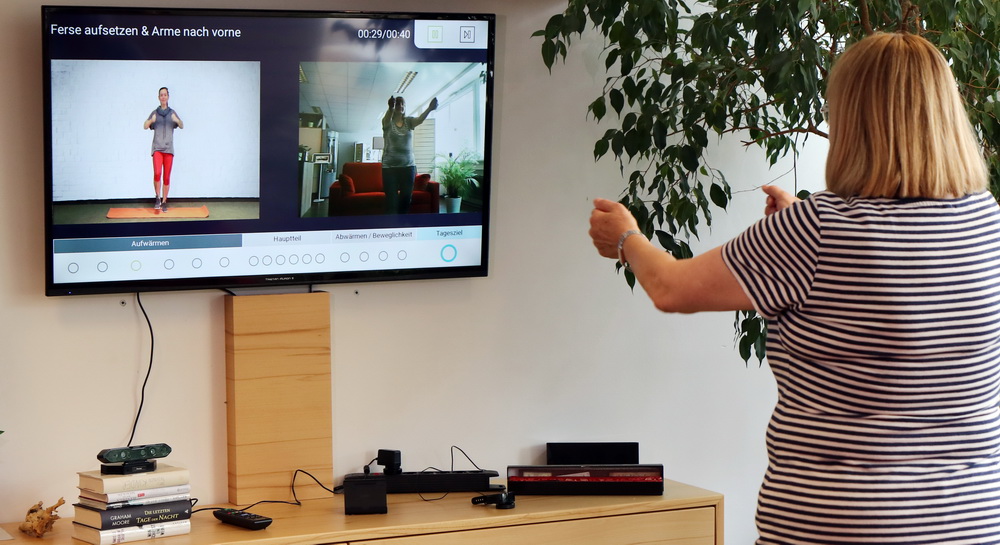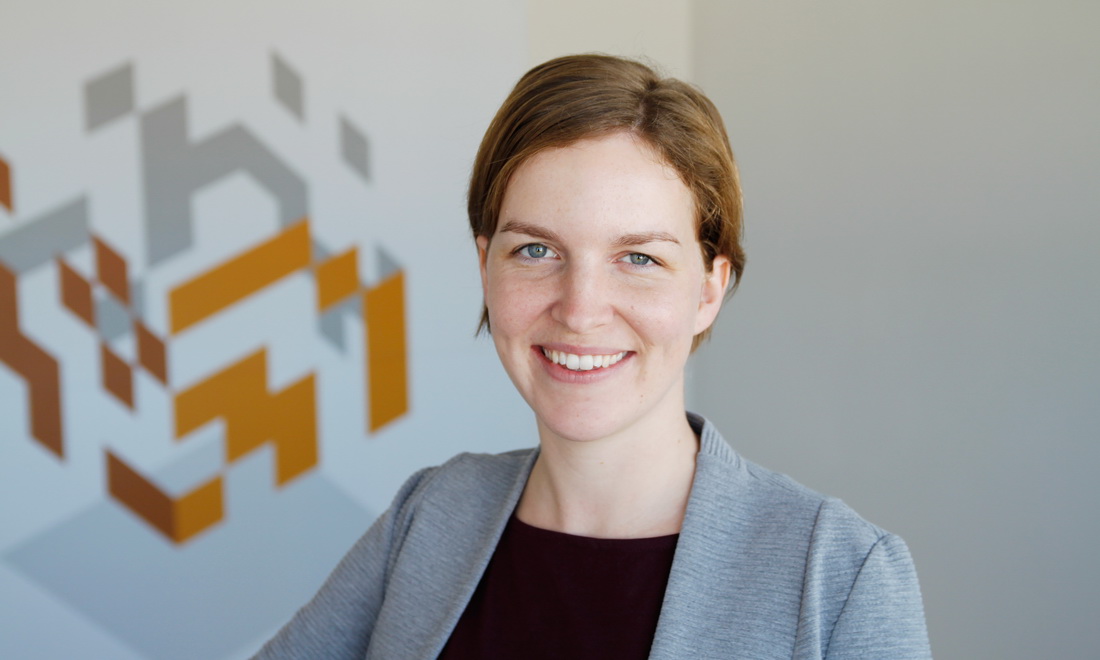fit4AAL
Extendable/adaptable and affordable plug & play solution in order to make the technology-familiar baby boomer generation “fit(ter)” and “fit for the use” of assistive technologies.

Until 2034, approximately 750,000 people will retire in Austria – more than in the last 60 years. In particular, the so-called baby boomer generation (between 1956 and 1969) cause this development. Therefore, in the next years our pension system will be challenged as well as our healthcare or long-term care system, especially over the following years.
In order to provide the conditions for a long, healthy and autonomous life for the future retirees of the baby boomer generation, AAL solutions can be an important factor. In contrast to previous target groups of AAL, this generation is familiar with new technologies, which increases the potential for AAL solutions on the one hand; however, they are assumed to be more demanding and sophisticated considering these new technologies. Usability and suitability for daily use are required; hence, the perceptive value of the system will be of utmost importance.
Thus, fit4AAL focus on an extendable/adaptable and affordable plug & play solution in order to make the technology-familiar baby boomer generation “fit(ter)” and “fit for the use” of assistive technologies. The system combines smart home components and smart services to provide health-enhancing prevention interventions with focus on movement. Additionally, nutrition and relaxation extend the supply. In order to promote the use of the system, different motivation concepts will be investigated. Instead of an own AAL surface with limits in usage of the mobile device, fit4AAL focuses on the established mobile app-concept. Moreover, fit4AAL offers the possibility to deal with the smart city topics energy and mobility.
In order to gain significant results, the fit4AAL solution will be evaluated in a field trial with 100 households in Vienna, and the City and province of Salzburg. The accompanying evaluation (usability, acceptance, functionality and effectiveness) will identify market barriers and market-ability. An Austrian network consisting of established academic and application-oriented part-ners (social sciences, sport sciences, engineering, psychological, gerontological), ICT service providers and system integrators guarantees a successful project execution.







